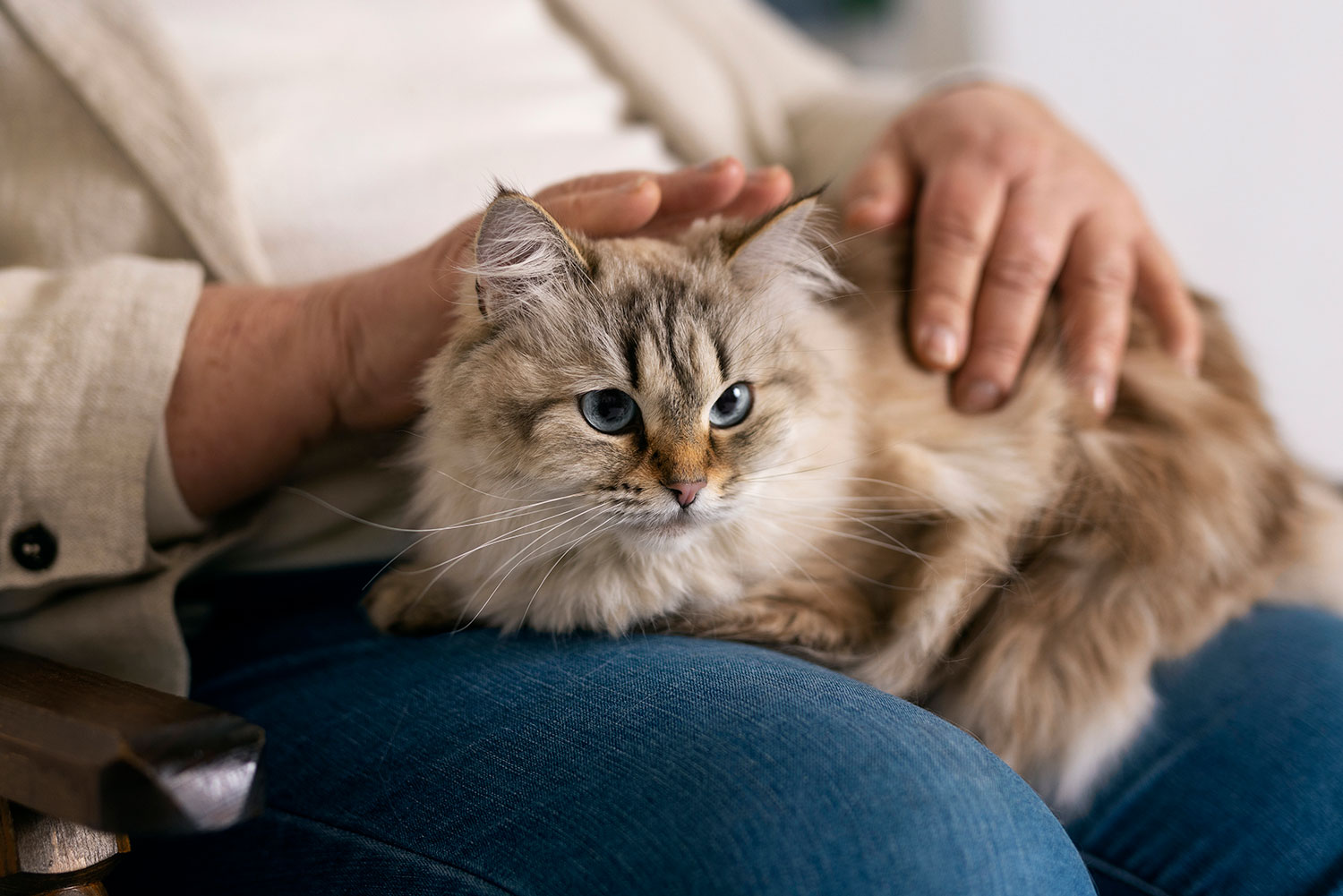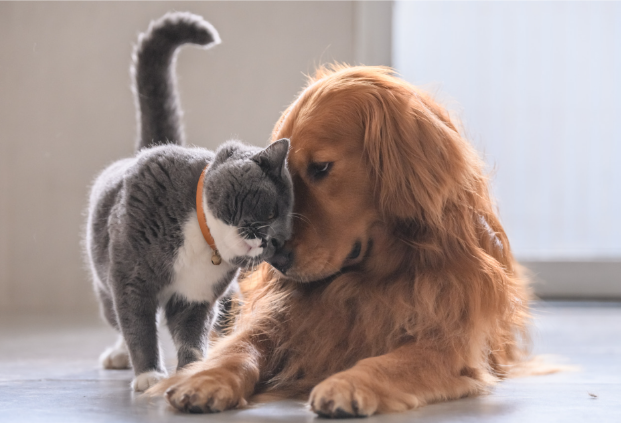Signs and Symptoms

The Feline Immunodeficiency Virus (FIV) is a virus that lowers the immune system of cats, making them more susceptible to other infections and disorders. The virus is also referred to as cat AIDS or cat HIV as it displays a similar effect on cats. FIV-positive cats may not show signs of illness for several years after the first infection.
Affected cats will typically experience periods of no symptoms followed by sporadic bursts that gradually worsen over time. The virus is slow-acting. Unfortunately, once the sickness takes hold, a cat’s immune system will be severely compromised. As a result, the cat becomes prone to a variety of secondary infections.
There is no specific set of symptoms for FIV. However, there are specific common markers of sickness to look for.
What It Looks Like
FIV-infected cats may not show any signs of illness for several years after the initial infection has occurred. Although the virus takes time to cause serious effects, a cat’s immune system is severely impaired almost immediately.
It is possible that the virus, during the first few weeks following the infection, will weaken the immune system. It typically presents itself as fever and swollen lymph nodes. There may be a certain period where the cat does not show any symptoms, only to be followed by another spurt of sickness.
Potential FIV Symptoms
Here are FIV symptoms to look out for:
- Fever
- Loss of Weight
- Poor Appetite
- Wounds that do not heal
- Anemia
- Lethargy
- Sneezing
- Dishevelled Coat or Skin Redness
- Loss of Hair
- Enlarged Lymph Nodes
- Eye inflammation (Conjunctivitis)
- Neurological Disease
- Dental Disease
- Inflammation of the mouth or gums (Stomatitis/Gingivitis)
- Change in Behavior
- Nasal Discharge
- Diarrhea or Frequent Urination
- Eye Secretions
Several of the mentioned medical indications are also symptoms of Feline Leukemia, another cat-only infectious disease transmitted through saliva. It would be best to bring them to a veterinarian immediately upon noticing these symptoms to know what virus your cat had picked up and how to treat it.
Diagnosis
To properly diagnose FIV, blood samples are tested and analyzed for the presence of antibodies to the virus. There are instances when a cat does not have enough time to develop an immune response after the initial infection. It is also possible that it is unable to produce one due to immunosuppression. As a consequence, antibodies may not be detected and found even though the feline is sick. Consulting a veterinarian would be best to confirm an FIV diagnosis.
No test on FIV is 100% accurate and reliable. Your veterinarian, however, can interpret test results and make a more informed decision about whether or not additional testing is required, or if the positive or negative test result can be confirmed by other means. Veterinarians can identify antibodies using a variety of approaches, some of which are listed in this section.
-
Immunofluorescence (IFA) Assays
-
Enzyme-Linked Immunosorbent Assay (ELISA) Test
-
Western Blot
Top 5 FAQs
FIV is characterized by the presence of a particular protein that is also detected in HIV. The viruses are both capable of attacking the immune system of their hosts. However, each virus is exclusive to a particular species.
FIV cat parents can put their minds at ease as FIV-positive cats can have a long and healthy life — as long as they follow the health advice of the veterinarians. Unfortunately, though, due to the weakened immune system of infected cats, they are more susceptible and prone to secondary infections. A secondary disease has the potential to become severe and even fatal.
Yes. The principal method of transmission of FIV is through aggressive fighting, bites, and deep wounds. The still-wet saliva containing the live virus is efficiently delivered through the skin and into direct contact with the blood of the other cat.
Some infected cats may experience seizures and other neurological disorders as a result of their infection.
No. FIV can only affect cats, even if it enters the body through a bite wound.
Other Frequently Asked Questions
Yes. The feline immunodeficiency virus (FIV) can be passed from one cat to another by a deep bite wound caused by an infected cat.
The virus was found during a disease outbreak in the United States. It is when cats were exhibiting symptoms that were identical to those seen in humans with AIDS.




